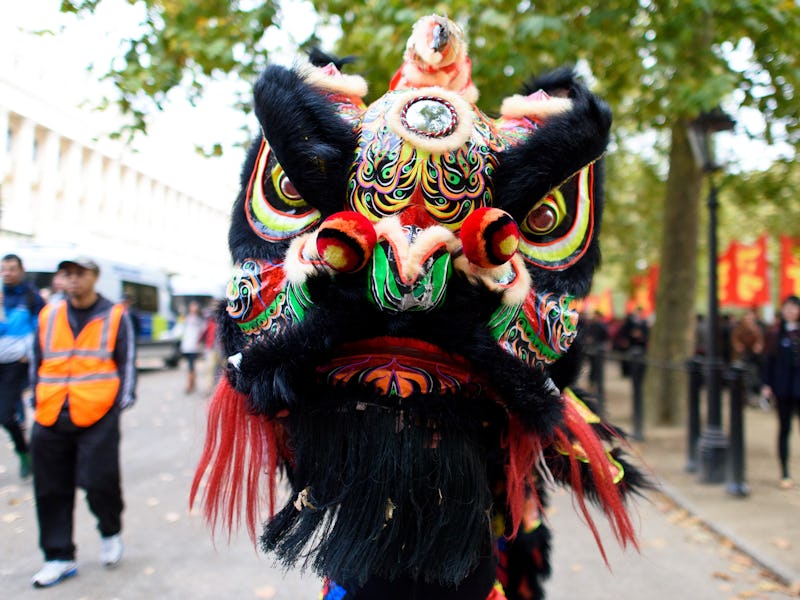Chinese Dissidents Are Using the Name 'Zhao' to Elude Government Censors
It's a common surname and code word online, with a double meaning.

It’s easy to forget among the din of American political discourse during a presidential election that dissidents around the world are struggling to make their voices heard without being sent to prison.
In China, the problem is acute. The Communist Party in charge of the country has constructed The Great Firewall to keep tight control over what information Chinese internet users may post and access. Still, dissidents and common people alike turn to online media to voice criticisms not only of state policies but also of corrupt officials and overly nationalist associates.
To foil the censors that scan the Chinese internet looking for subversive materials, people have developed simple and innocuous-sounding ways of making their grievances known. In a country that imprisons artists and journalists, even switching a popular nationalist phrase “my country” to “your country” can intimate a powerful message of defiance. In fact, the China Digital Times has built an entire wiki around the idea of tracking and translating the subversive slang of the Chinese internet for the rest of the world.
Now, Chinese users of popular sites like Weibo, which works a lot like Twitter, have embraced one of the most common surnames in the country, Zhao, to mock features of the Chinese power structure. Users of social media have taken the common name to mean either a member or family member of an official in the Chinese government or a “Zhao in spirit” who “get excited about the military, who gaze at the flag and into the headwinds with tears in their eyes,” according to a discussion of the term posted on the China Digital Times.
It’s a reference to a classic Chinese novella by the author Lu Xun, in which a pretender declares he is important due to a distant association with the hero, Zhao. Now, people are referred to as Zhao when they reap undeserved benefits from being an official or sponsor of the party line. It mocks the hypocrisy of censors and officials who demand adherence to doctrine but are not held accountable themselves: “Are you also worthy of the surname Zhao?”
For Americans, it’d be like saying, “Are you worthy of the name Rambo?” Are you really so American, or are you just full or shit?
Chinese censors have caught onto the trend and despite the basic popularity of the name Zhao have begun to scrub references from the internet. It was a creative and effective way of challenging Chinese authorities, and in the end its very success at eluding censors will stir further censorship. This is the problem with censorship. As long as the government is worth criticizing, the people will find ways to do it, and the censors will simply be trying to catch up.